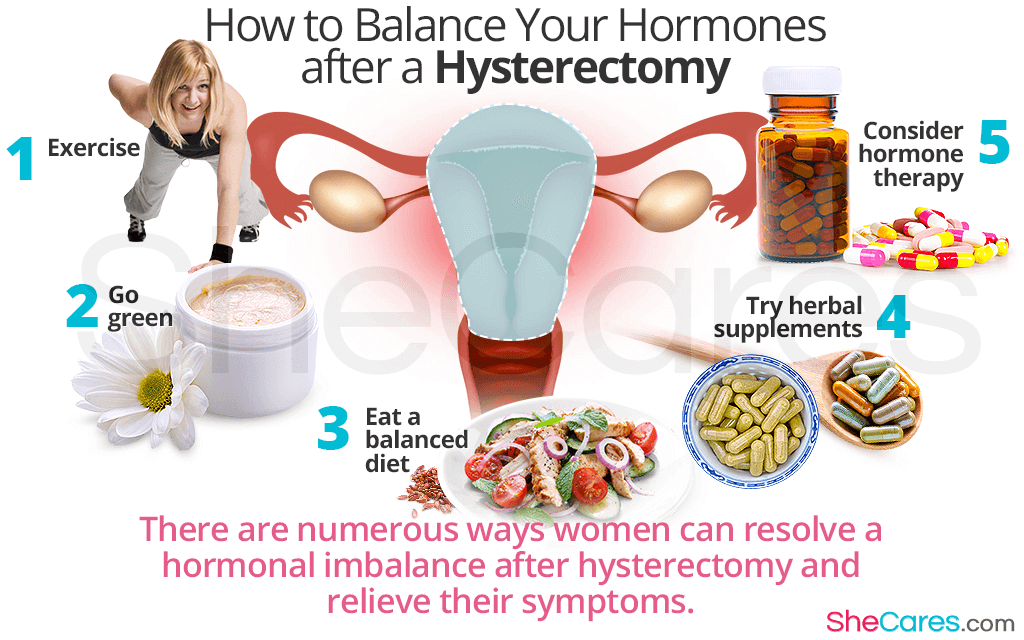Hormones have severe effects on your mental, physical and emotional health.
Above all, these chemical messengers play an essential role in controlling appetite, Weight, and mood. Usually, the endocrine glands produce the exact amount of each hormone, which is needed for various processes in the body.
Yet, hormonal imbalances are becoming more and more common now. Some people experience a more dramatic decrease than others. Also, certain hormones decrease with age. Fortunately, nutritious diets and other healthy lifestyle behaviors can help improve hormonal health. It also helps to achieve the best mood and performance.
So if you are thinking, “how do I balance my hormones” here is the article.
In this article, I’ll show you different ways to balance your hormones. First, lets us discuss the possible causes and symptoms of hormonal imbalance:
Causes
- Cushing syndrome
- Chronic stress
- Diabetes
- Exposure to endocrine disruptors
- Hormonal replacement or Birth control
- Hypothyroidism
- Hyperthyroidism
- Poor diet
Symptoms
- Anxiety
- Alteration in Blood Pressure
- Changes in skin and hair
- Digestive issues
- Difficulty Sleeping
- Fatigue
- Increased Weight and difficulty in losing it
- Joint Pain and muscle weakness
- Low sex drive
- Premenstrual Syndrome
- Swollen puffy or rounded face
If you are experiencing any of the above signs, you may have a hormonal imbalance. You must consult an Endocrinologist in Karachi.
Tips for Balancing Hormone
Take Green Tea
It is the healthiest drink in the world. In addition to caffeine, which promotes metabolism, it contains an antioxidant known as epigallocatechin gallate (EGCG), which is known to have various health advantages.
Studies show that drinking green tea can increase insulin sensitivity and lower insulin levels in healthy people and people with insulin resistance, such as obesity and diabetes.
You can think of drinking 1-3 cups a day, as green tea has other health benefits, and it may bring some improvement in insulin response.
Eat Fatty Fish regularly
Fatty fish is the best source of long-chain omega-3 fatty acids with impressive anti-inflammatory properties. It also has healthy effects on the health of the hormones. Such as lowering the levels of the stress hormones cortisol and adrenaline.
A study found that men had significantly less increase in cortisol and epinephrine during the test. Comparably when they ate a regular diet after eating an omega-3 fat-rich diet for three weeks.
In addition, some studies have shown that increasing intake of long-chain omega-3 fatty acids reduces insulin resistance associated with:
- Obesity
- Polycystic ovary syndrome
- Gestational diabetes
Gestational diabetes can appear during pregnancy in women who did not have diabetes before pregnancy. Like type 2 diabetes, it is identified by insulin resistance and hyperglycemia.
Consume fatty fish such as salmon, sardines, herring, and mackerel at least twice a week for optimal health.
Get a Good Quality Sleep
No matter how nutritious you are and how much you exercise, if you don’t get enough restful sleep, it will be harmful to your health.
Sleep deprivation is associated with imbalances in many hormones, including:
- Insulin
- Cortisol
- Leptin
- Ghrelin
- Growth hormone
It’s not just sleeping time that matters. Sleep quality is also essential. In a study of men whose sleep was limited to one week to five hours a night, insulin sensitivity was reduced by an average of 20%.
The brain needs uninterrupted sleep to go through the five phases of every sleep cycle. This is particularly important for the release of growth hormone, which occurs primarily during deep sleep at night. Try to get at least 7 hours of high-quality sleep per night to maintain optimal hormonal balance.
Stay Away from Sweet Drinks
Any form of sugar is unhealthy. But liquid sugar seems to be much worse. Studies have shown that large amounts of sugary drinks can contribute to insulin resistance. It is mainly for overweight and obese adults and children. In one study, overweight people consuming 25% of their calories in the form of high-fructose corn syrup shows:
- Increased blood insulin levels
- Decreased insulin sensitivity
- Increased abdominal fat accumulation
Avoiding sweet drinks is one of the best things you can do to improve your hormonal balance.
Eat a High-Fiber Diet
Dietary fiber, especially water-soluble dietary fiber, is an essential element of a healthy diet.
Studies have shown that it stimulates the production of hormones that increase insulin sensitivity and provide satiety and satisfaction. Water-soluble fiber tends to have the most potent effect on appetite and diet, but insoluble fiber can also play a role.
Eat fiber-rich foods daily to protect against insulin resistance and binge eating.
Eat Eggs anytime
The most nutritious foods on the earth are eggs. It has been shown to have beneficial effects on regulating food intake, such as lowering insulin and ghrelin levels and increasing PYY. Another study found, for example, that eating whole eggs as part of a low-carb diet increased insulin sensitivity. This positive effect on hormones must appear to occur when people eat both the yolk and egg white.
Who to Consult?
If you are not improving the symptoms, you should consult an Endocrinologist.
Frequently Asked Question (FAQs)
1- Which fruit is excellent for hormones?
If you are experiencing a lot of stress, Avocado is the fruit that can control stress hormones.
2- Are bananas good for hormones?
Bananas are rich in folic acid or vitamin B9. They can fight depression by releasing serotonin (an antidepressant or hormone of well-being).
3- What’s the reason for Hormonal Imbalances?
The leading causes of hormonal imbalances are thyroid problems, stress, and eating disorders.
4- Can Lemon Water Balance Hormones?
A small pinch of lemon can increase health hormones and reduce stress levels. Drinking water can also help in this area as dehydration can drain the body’s energy and make the body feel sluggish.

